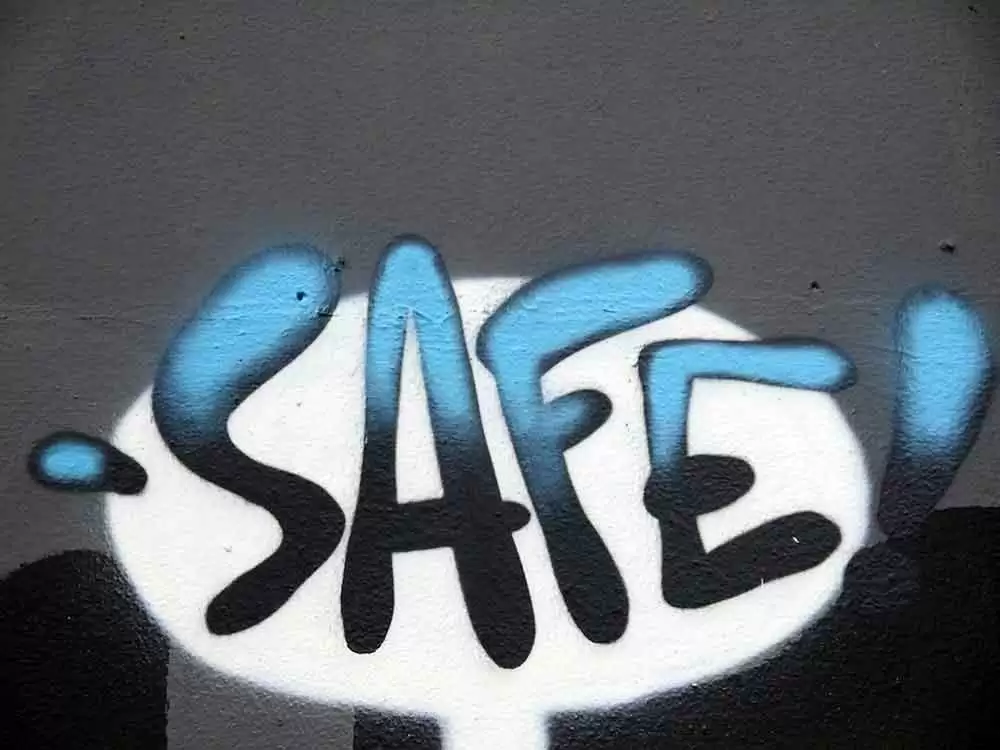
Celiac.com 07/25/1996 (Updated: 12/29/2020) - Like many people with celiac disease (it's an autoimmune disease and not a wheat allergy or the same as gluten sensitivity, gluten intolerance, or sensitivity to gluten), I spent a lot of years and money and endured many tests and misdiagnoses before doctors finally discovered that I needed to avoid gluten (including all gluten containing ingredients). Gluten is a protein found in gluten containing grains that include wheat, rye, and barley, and is often hidden in processed foods. To treat my celiac disease I had to go on a gluten-free diet for life, which meant that I had to learn to read food labels, and I ate mostly naturally gluten-free foods like meats, fruits, nuts, vegetables, gluten-free breads, and foods that were labeled gluten-free or made using gluten-free grains. My symptoms, which included weight loss, abdominal pain (especially in my middle-right section while sleeping), bloating, and long-term diarrhea, slowly disappeared.
Because of the large variety of symptoms associated with celiac disease, and the fact that many celiacs have few or no symptoms, diagnosis can be very difficult, which is why is still takes an average of 6-10 years to get diagnosed. Most medical doctors are taught to look for classic symptoms and often make a wrong diagnosis, or no diagnosis at all. During my doctor visits my diet was never discussed, even though most of my symptoms were very typical, and greatly related to food digestion. A simple (and free!) exclusionary diet would have quickly revealed my problem. An exclusionary diet involves eliminating wheat, rye, oats, barley, dairy products, soy and eggs for several weeks, and recording any reaction as you slowly add these foods back into your diet.
Celiac.com Sponsor (A12):
Unfortunately it took my doctors over two years to make a diagnosis, and during that time I was misdiagnosed with Irritable Bowel Syndrome (IBS), told that I could have cancer or a strange form of Leukemia, treated for a non-existent ulcer with a variety of antibiotics that made me very ill, and was examined for a possible kidney problem. I also underwent many unnecessary and expensive tests including CAT Scans, thyroid tests, an MRI, tests for bacterial infections and parasites, ultrasound scans, and gall bladder tests. Ultimately the only reason I every got my diagnosis was because I ended up reading something about it in a book on nutrition, which led me to ask my doctor to be screened for it. I was finally diagnosed via a blood test for celiac disease, followed by a biopsy of my small intestine (which is not as bad as it sounds).
A full recovery took me 2-3 years, and during that time I also had temporary food intolerance issues to things like dairy (casein), corn, tomatoes, and chicken eggs. During the 1-2 year time period after going 100% gluten-free I was thankfully able to add those things back to my diet.
I created Celiac.com to help others avoid a similar ordeal. I also want to provide people who know they have the problem with information which will improve their quality of life, and broaden their culinary horizons. To do this, I have compiled information from a large variety of sources including medical journals, books, doctors, scientists, and news sources, and posted it all right here. Many of our articles are written by medical professionals such as nurses, doctors, and other celiac disease experts.








Recommended Comments
Create an account or sign in to comment
You need to be a member in order to leave a comment
Create an account
Sign up for a new account in our community. It's easy!
Register a new accountSign in
Already have an account? Sign in here.
Sign In Now